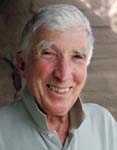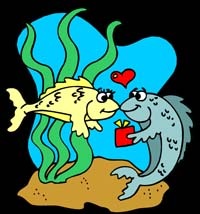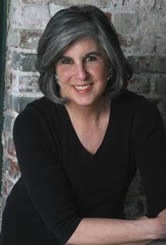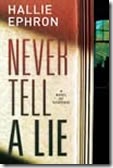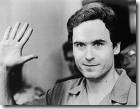By John Ramsey Miller
With five authors (and guests) blogging on this site, there is going to be some overlapping since we are all thinking about similar things; our creative process, problems and the obstacles writers face on a daily basis including expanding our reader base. I’ve been thinking about the most important question after who is going to publish my book––how will I connect with my readers and what can I do to add more? How do I get a chance to sell my story to readers? How do I get through and make an impression they will act on?
Mind pictures help me, so I might imagine readers as fish swimming in a vast ocean. Each species of fish are fans of a genre, and they often swim through many schools of other fish of differing specie, eating what they are eating and then moving on to feed with various other sorts of fish. Food in the ocean is plentiful, and for the fish it becomes a question of which food they decide to open their mouths to take in. Imagine authors as a navy of fisher people, each in boats, trying to catch as many fish as possible. Each fisherman has to put their bait in front of constantly moving, well-fed fish who can eat whatever and as much as they like. Our dilemma is that the fish don’t need our bait, so we have to use some other way to entice them to try our bait, which frankly to the fish looks to be pretty much like the familiar bait they usually eat, and keep returning to. I love fish stories.
Given that there are tens of thousands of new stories to choose from, and readers are barraged with choices and they can only select so many, and the challenge is capturing their attention. I learned in advertising that it takes (I’ll say nine) impressions for a potential customer to act on an advertisement. This is more complex since most of us pass about a hundred thousand messages daily, and our brain (which sees them all) simply blocks out the ones that do not pertain to our needs or wants as a form of protection and I suppose to keep our brains from filling up (think computer ram). So if I am open to new tires, brain will tell me when it sees something related to the tires I’ve decided I want. If I like Good Time Tires, when I read the newspaper or watch TV or pass a Good Time Tires sign, my brain will shout, “Look, they have your tires right there! DO something!” And then I may buy, or I might just be nearing the time I have to make a decision, and my brain says, “Oh, they sell your tires. We’ll have to remember that.” Now at some point my brain will know that it is time and I’ll act and actually call someone who sells my tires, or pull into a dealer with the sign over the building. So, it’s the same with reading material. If I admire President Jimmy Carter, when I see a book by him or about him I might be more open to buying a book on him, and not one about Hoover, McKinley, or my favorite president, Jefferson Davis.
So, if you read the whole fish thing, it is a matter of finding our readers by capturing their attention, and at the present time everybody is thinking about a lot of things besides what to read. Our products are medicine for the mind and offer the client a way to escape their own problems and fears by getting involved and invested in someone else’s life or death dilemma, and best of all someone who doesn’t actually exist. And in most cases they get to see an underdog face impossible odds and actually come out on top, which gives them hope.
So how do we get to potential fans and convince them that our story is preferable to that of someone they know already, or several someones who have pleased them? How many of us have heard a reader say, “I loved Art Goobertug’s first book, but I haven’t enjoyed any of the last six he wrote.” After you close your mouth, you might well ask, “Why do you continue to buy books you don’t like. There are thousands of choices of authors who write good books, and maybe authors who write better books every time they write another.” These loyalists may say any number of things, and I have heard most of them, but it boils down to the experience they had the first time they read them, and they sincerely want to recreate that (might I use the word) experience again. I think it boils down to this––they bonded with that author, and, although they have been disappointed by the subsequent offerings, they haven’t given up on that author, and they hate to face searching the stacks for another author to enter into a relationship with.
Why are some authors more successful than others? Some few authors will become a James Patterson and others will remain Fred Futzwiggin. What’s the difference? You tell me. If you can, you’ll be rich… As best I can tell it’s a matter of bonding with readers and you can’t explain that.
The question I want to ask is, do you as a writer know how to form a mutually beneficial relationship with readers––and more importantly and firstly a way to get them to open your book for the first time and let your story into their minds? Can you do what Patricia Cornwell, Harlan Coben, John Grisham, and other successful authors have done and continue to do? The answer is, perhaps. Well, you have their kind of talent, but can’t seem to connect with large numbers of potential readers on a meaningful level, and then, as they do, figure out new and innovative ways to get your work out of the stacks and piles, and into hands. The worst part is even though successful authors will often share their secrets, but the formula is always shifting.
We all have to keep trying new things and methods to better our chances in an ever-changing world, and we have to do that ourselves because the plain truth is, nobody else will. Any secrets to share?



